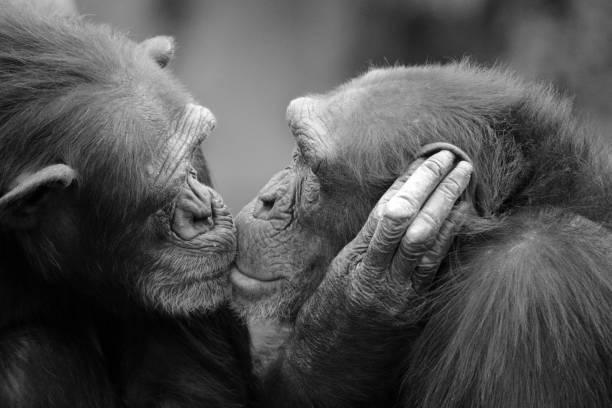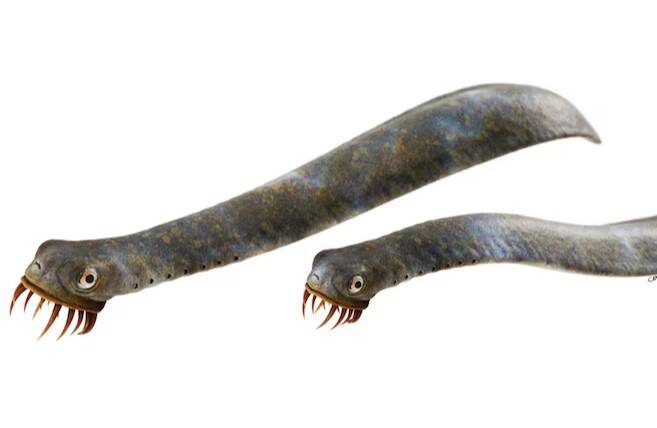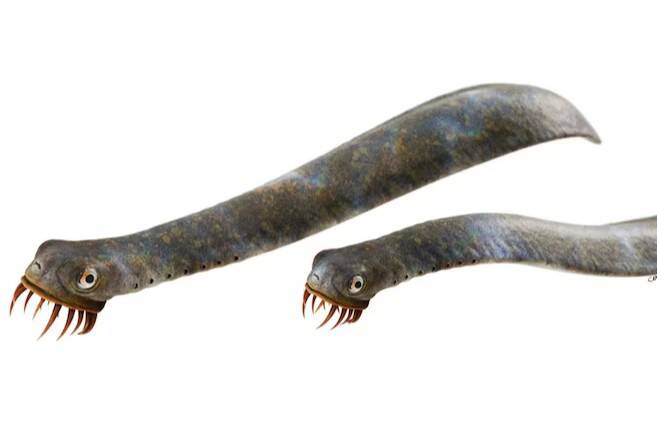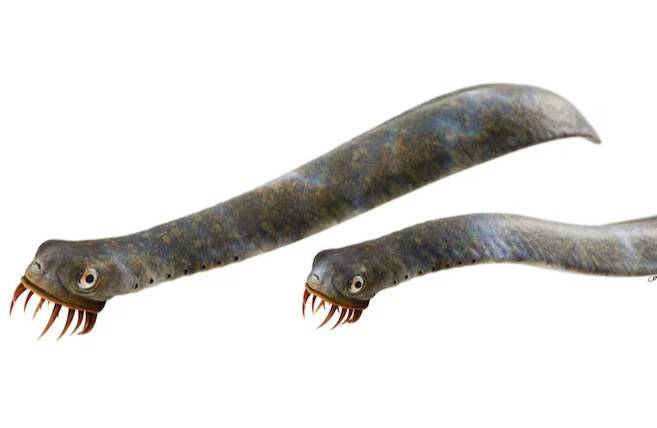
First Kiss Happened 21 Million Years Ago Between Early Primates: Scientists
The act of kissing is a universal language of love and affection that has been a part of human culture for centuries. From romantic getaways to casual greetings, kissing has become an integral part of our daily lives. But have you ever wondered when and how this tradition of kissing originated? According to a recent study published in the journal Evolution and Human Behavior, the first kiss happened between primate ancestors of great apes around 21 million years ago.
The study, which aimed to explore the evolutionary origins of kissing, suggests that our early primate ancestors were the first to lock lips. This finding is based on the analysis of genetic data and fossil records, which indicate that the great apes, including humans, chimpanzees, and gorillas, shared a common ancestor around 21 million years ago. It is believed that this common ancestor was the first to engage in kissing behavior, which was likely a way of grooming and showing affection.
The researchers behind the study used a combination of genetic and anthropological data to reconstruct the evolutionary history of kissing. They analyzed the DNA of modern humans and great apes, looking for similarities and differences in their genetic makeup. They also studied the fossil record, searching for evidence of early primate behavior. By combining these lines of evidence, the researchers were able to build a picture of how kissing evolved over time.
One of the key findings of the study is that Neanderthals and humans also likely locked lips. The researchers found that the two species interbred and shared an oral microbe, which is a sign that they swapped saliva. This suggests that kissing was not only a behavior practiced by early primates but also by early humans and their extinct relatives. The fact that Neanderthals and humans interbred and shared a common oral microbe is a significant finding, as it provides evidence of a previously unknown level of intimacy between the two species.
The study’s findings have significant implications for our understanding of human evolution and behavior. They suggest that kissing is not just a human behavior but a primal instinct that has been present in our ancestors for millions of years. The fact that early primates engaged in kissing behavior suggests that this behavior was important for social bonding and grooming, which are essential components of primate social behavior.
The study’s lead author, a professor of anthropology, noted that the findings provide a new perspective on the evolution of human behavior. “Kissing is often seen as a uniquely human behavior, but our study suggests that it has a long history that predates the emergence of our species,” the author said. “By studying the evolution of kissing, we can gain insights into the origins of human social behavior and the ways in which our ancestors interacted with each other.”
The study’s findings have also sparked interest among scientists and the general public alike. Many people are fascinated by the idea that our early primate ancestors were kissing millions of years ago. The study has also raised questions about the origins of other human behaviors, such as hugging and cuddling. Are these behaviors also primal instincts that have been present in our ancestors for millions of years?
While the study provides significant insights into the evolution of kissing, it also raises some questions. For example, how did kissing behavior evolve over time? Did early primates kiss in the same way that humans do today? And what were the social and cultural contexts in which kissing behavior emerged?
To answer these questions, further research is needed. Scientists will need to continue studying the genetic and fossil records, as well as observing the behavior of modern primates. By combining these lines of evidence, researchers can build a more complete picture of the evolution of kissing and its significance in human social behavior.
In conclusion, the study published in the journal Evolution and Human Behavior provides significant insights into the evolutionary origins of kissing. The finding that the first kiss happened between primate ancestors of great apes around 21 million years ago is a fascinating one that challenges our assumptions about the origins of human behavior. The study’s findings also have significant implications for our understanding of human evolution and behavior, suggesting that kissing is a primal instinct that has been present in our ancestors for millions of years.
As we continue to explore the origins of human behavior, it is likely that we will uncover more surprises about our evolutionary history. The study of kissing is just one example of how scientists are working to understand the complex and fascinating history of our species. By exploring the evolution of human behavior, we can gain a deeper appreciation for the complexities and nuances of human culture and society.
News Source: https://www.reuters.com/science/first-kiss-was-20-million-years-ago-by-early-primates-scientists-say-2025-11-19/






